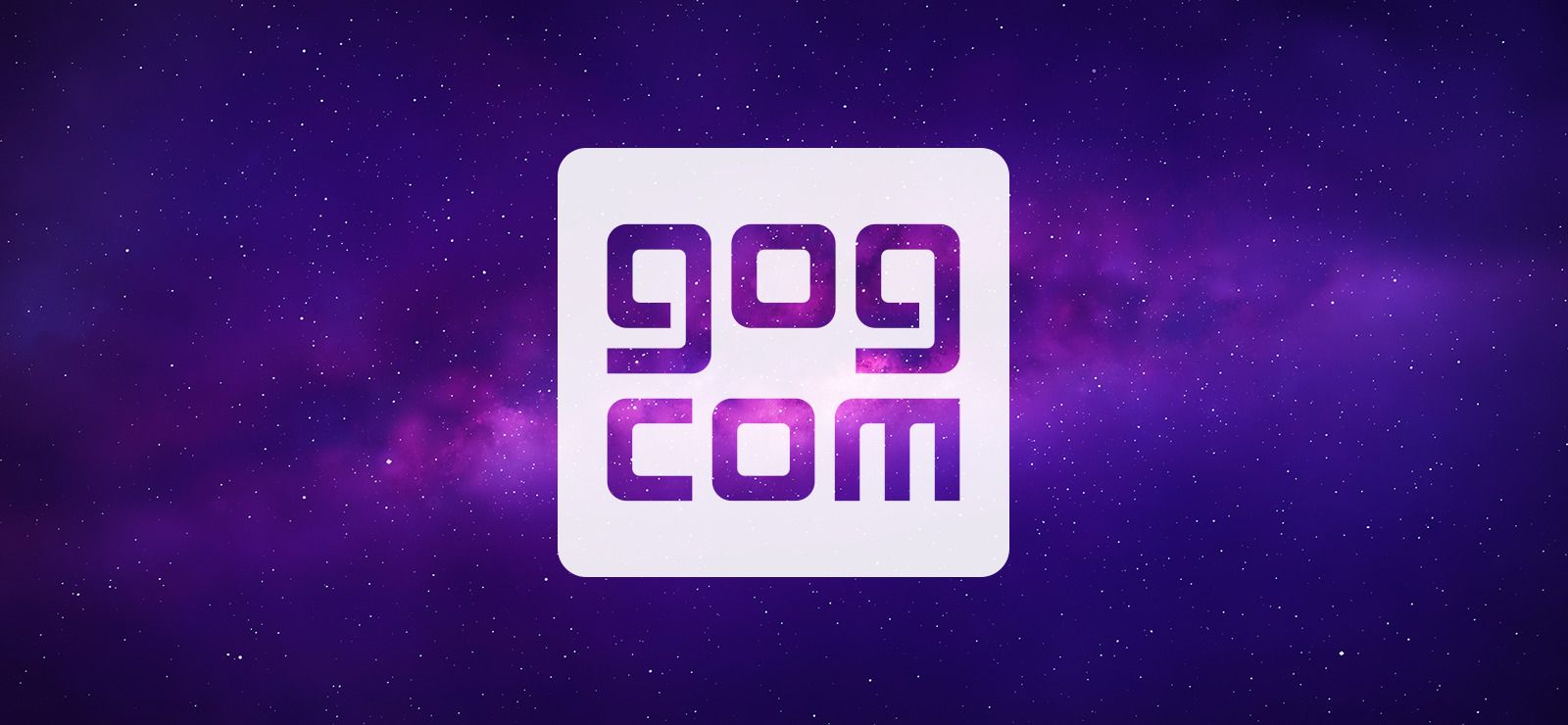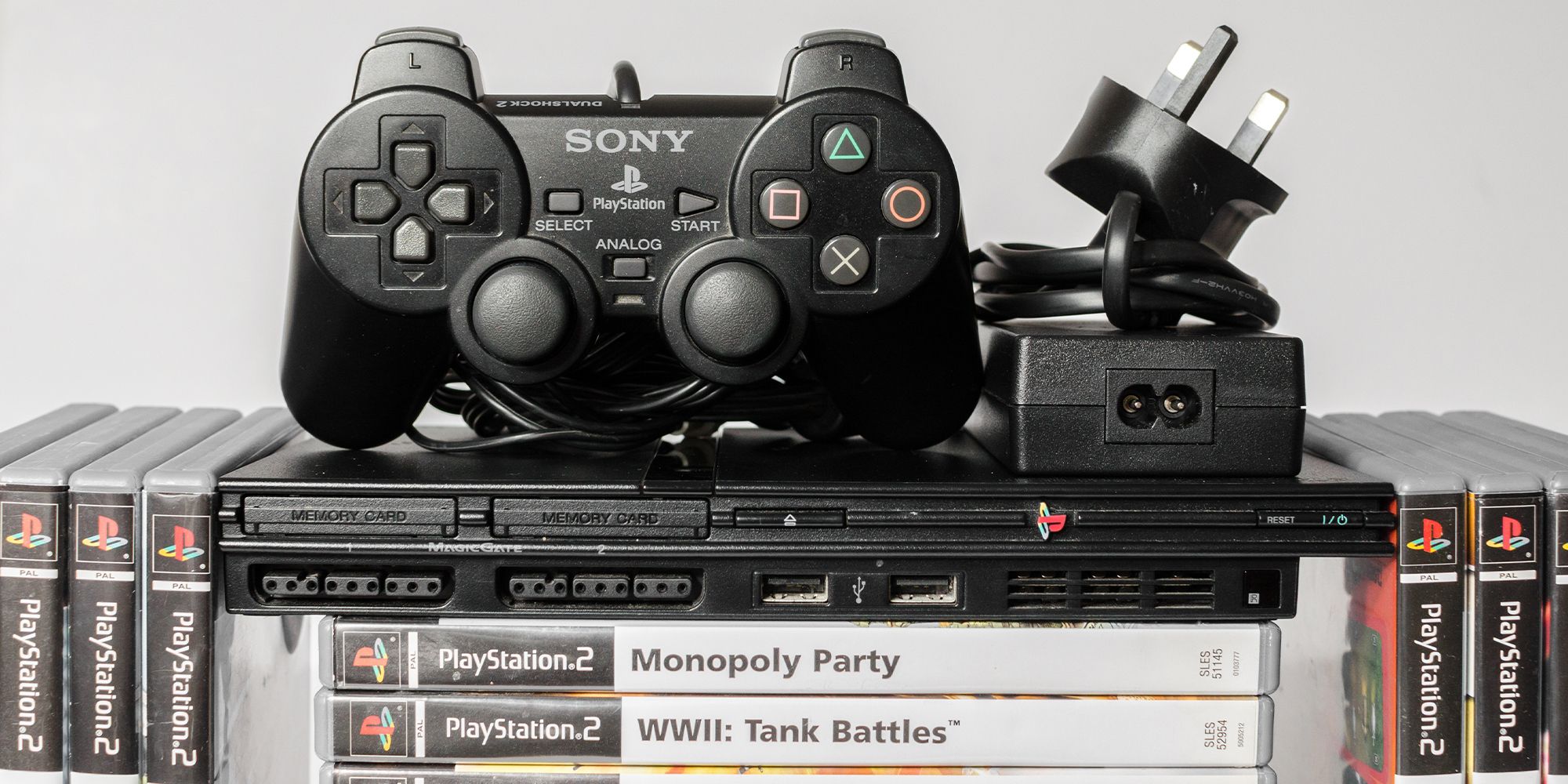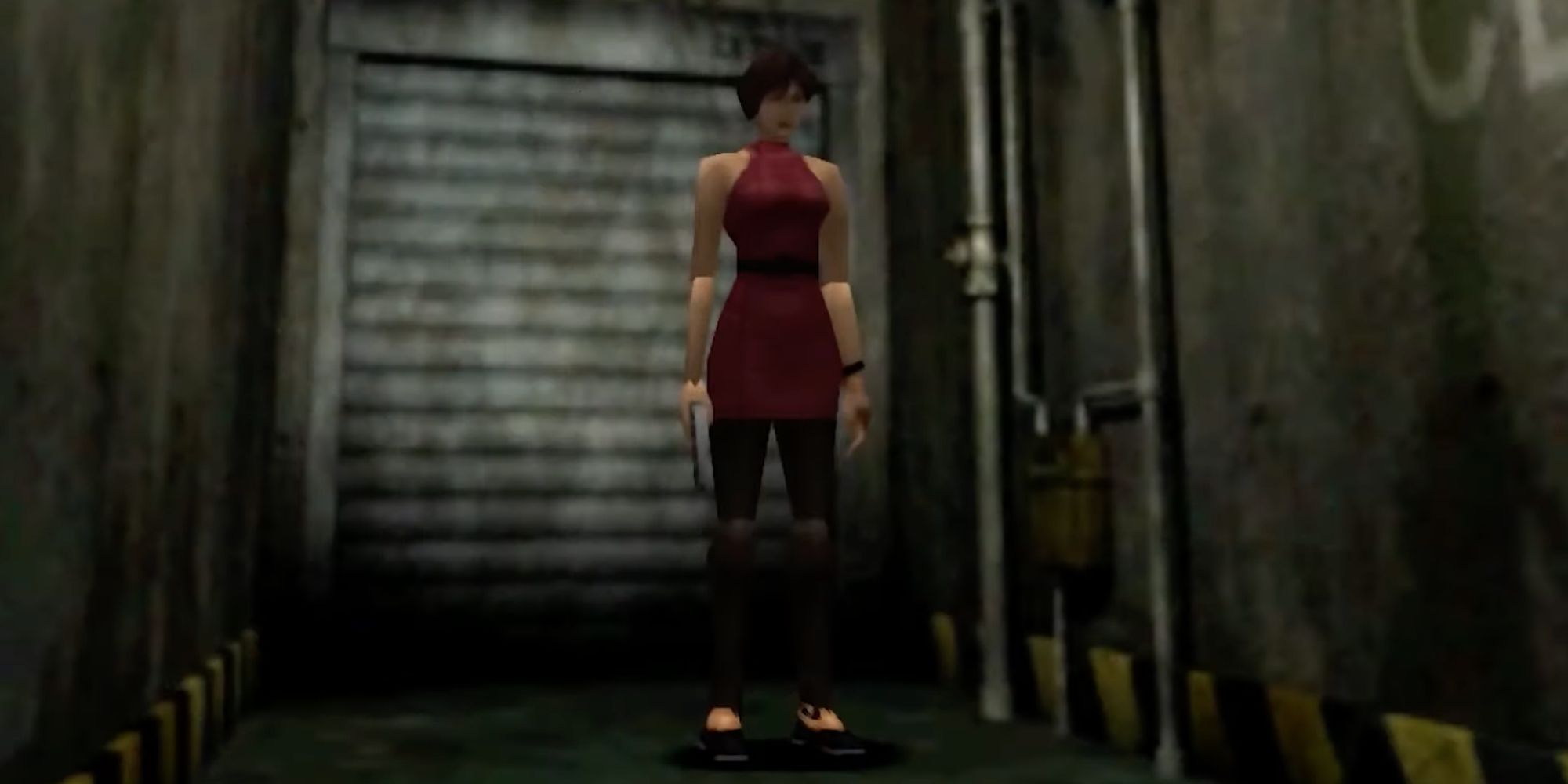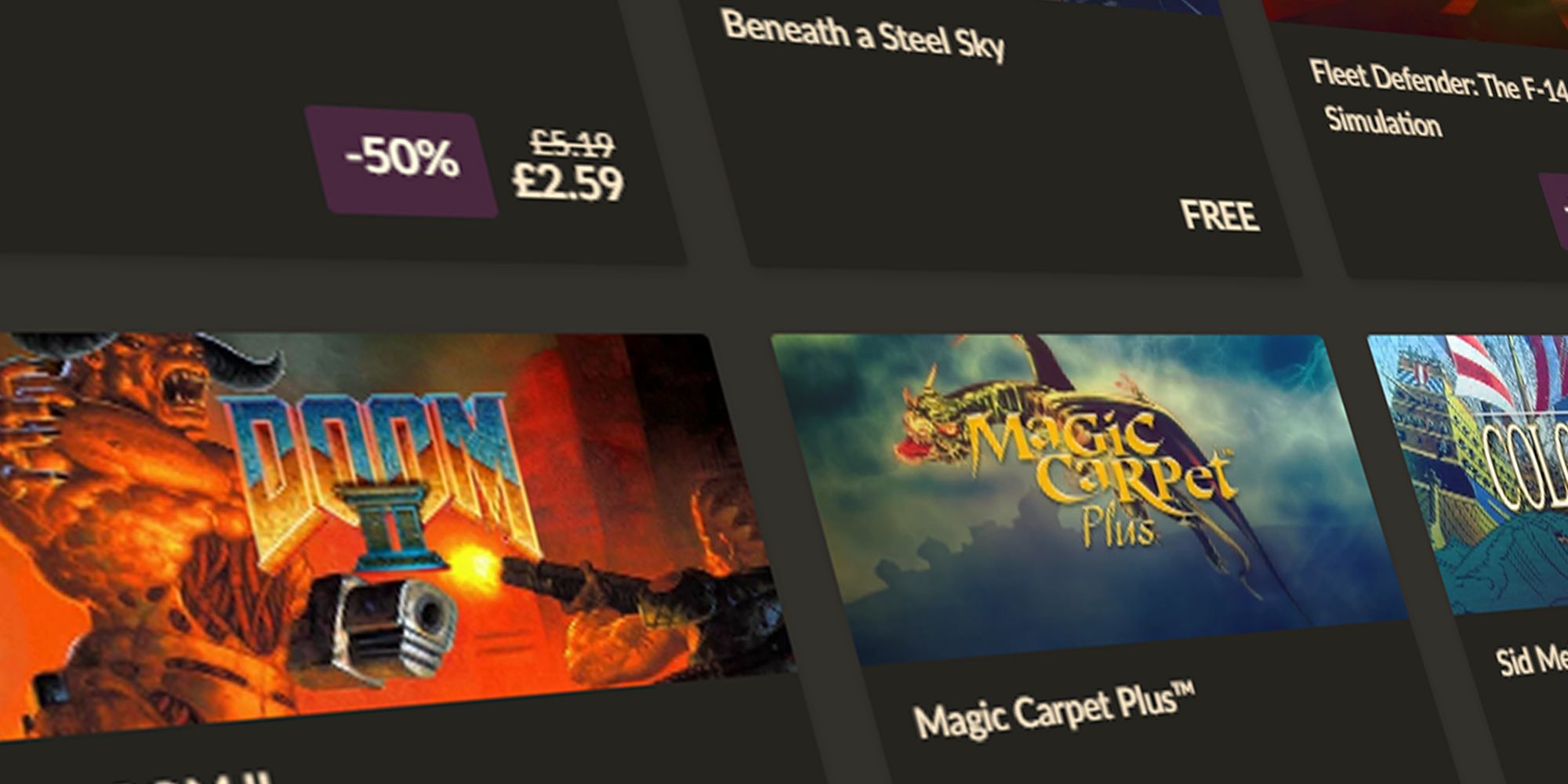We can still watch movies from the 1930s or listen to classical music from the 16th century, but if you want to play the original Silent Hill 2, which launched only 22 years ago, you have three options—buy an expensive, rare physical copy, play a shoddy HD port, or illegally emulate it. And this is a problem that is only getting worse. Last week, the Wii U and 3DS storefronts were taken down, meaning that any digital exclusives are either lost for good or left to piracy. Everywhere you look, gaming’s history is being upheld by a rotting foundation, but places like GOG are trying to keep it from collapsing in on itself.It’s a platform dedicated to making classic games accessible by ironing out bugs and ensuring they run on modern PCs. You can play everything from Wasteland to the first Diablo to Metal Gear Solid, and even if GOG goes down, its games don’t need the storefront to run, unlike Steam and Epic Games. So, with the games industry continuing to bury its own history, I talked to GOG’s head of business development Bartosz Kwietniewski and senior business development manager Marcin PaczyÅ„ski about the steps they have taken toward game preservation, why console games are so difficult to bring back, and what publishers need to do going forward.“Shutdowns of various storefronts happen all the time, and I don’t think the industry is in a place yet where publishers actually think about what it means for the consumer,” Kwietniewski tells me. “The consumer buys something digitally and then, immediately, after a couple of years, they lose the rights and access to the game unless they have it downloaded prior to the shutdown. And this is what’s so important for us no matter how many games you buy on GOG—those games are going to be with you [forever].” That’s because GOG is DRM-free. DRM is a license that proves you own a game. As such, when you launch something, DRM has to verify with the respective storefront to let you play. By removing DRM, you can play a game even if the storefront you bought it from goes under, ensuring that it is preserved in the purest sense. However, a concern that’s often raised is that games could be shared en masse by pirates given the lack of verification, but PaczyÅ„ski says that “your game will be pirated day one anyway”, and preservation should be the primary concern.“Game preservation is impossible with DRM,” PaczyÅ„ski says. “A lot of it is about creating a final package of a game and that user needs to be able to take that package and burn it locally on their drive and store it in their collection. In ten years, if they choose to pick it up and play it, it needs to work. With DRM, we wouldn’t be able to say with 100 percent certainty that if you buy the game on GOG, you own it.”
That’s because GOG is DRM-free. DRM is a license that proves you own a game. As such, when you launch something, DRM has to verify with the respective storefront to let you play. By removing DRM, you can play a game even if the storefront you bought it from goes under, ensuring that it is preserved in the purest sense. However, a concern that’s often raised is that games could be shared en masse by pirates given the lack of verification, but PaczyÅ„ski says that “your game will be pirated day one anyway”, and preservation should be the primary concern.“Game preservation is impossible with DRM,” PaczyÅ„ski says. “A lot of it is about creating a final package of a game and that user needs to be able to take that package and burn it locally on their drive and store it in their collection. In ten years, if they choose to pick it up and play it, it needs to work. With DRM, we wouldn’t be able to say with 100 percent certainty that if you buy the game on GOG, you own it.” This has made GOG a home for classic PC games that will long outlast the storefront itself, rather than fading into inaccessibility. However, the platform can’t easily expand into preserving console games given entangled licensing disputes, meaning that it’s down to publishers and console juggernauts to ensure their libraries aren’t lost to time.“The thing with console games is that the rights situations are much more problematic because the console owner is involved and may have certain rights to a game that was released on that console,” PaczyÅ„ski says.Getting console games to work on PC is a headache in its own right. GOG would require the operating system BIOS of a console to develop an emulator to make the game run (rather than porting it directly to PC), similar to how Xbox One and Series run 360 games. This isn’t something Sony, Microsoft, and Nintendo are willing to give out, meaning that even if GOG got through the labyrinth of licensing issues, it wouldn’t have the means to get games running to an acceptable standard. However, GOG has tried in the past to preserve classic console games through its PC storefront.“We have explored this topic, at least a couple of times, and we actually ran demos with some of the partners to showcase what we can achieve with emulation,” Kwietniewski tells me. “One of the blockers that we encountered, which was raised by one of the publishers, was that with emulation it’s really hard to remove some of the video parts available in that version of the game. Let’s say back in the days when the game was released, there was some licensing agreement and there’s something in the startup of the game, it’s hard for us to remove something like that.”
This has made GOG a home for classic PC games that will long outlast the storefront itself, rather than fading into inaccessibility. However, the platform can’t easily expand into preserving console games given entangled licensing disputes, meaning that it’s down to publishers and console juggernauts to ensure their libraries aren’t lost to time.“The thing with console games is that the rights situations are much more problematic because the console owner is involved and may have certain rights to a game that was released on that console,” PaczyÅ„ski says.Getting console games to work on PC is a headache in its own right. GOG would require the operating system BIOS of a console to develop an emulator to make the game run (rather than porting it directly to PC), similar to how Xbox One and Series run 360 games. This isn’t something Sony, Microsoft, and Nintendo are willing to give out, meaning that even if GOG got through the labyrinth of licensing issues, it wouldn’t have the means to get games running to an acceptable standard. However, GOG has tried in the past to preserve classic console games through its PC storefront.“We have explored this topic, at least a couple of times, and we actually ran demos with some of the partners to showcase what we can achieve with emulation,” Kwietniewski tells me. “One of the blockers that we encountered, which was raised by one of the publishers, was that with emulation it’s really hard to remove some of the video parts available in that version of the game. Let’s say back in the days when the game was released, there was some licensing agreement and there’s something in the startup of the game, it’s hard for us to remove something like that.” GOG has expanded a lot in recent years, folding in newer games and indies that evoke a retro feel, but the core tenant of preservation still stands. Everything is DRM-free, classics are still being ported, and when asked about their vision of the platform’s future, all eyes were on keeping gaming’s history intact.“I like to dream big,” Kwietniewski says. “Our goal is that there will be even more great games from triple-A publishers, but also to convince Japanese developers to bring their games to GOG because, so far, that is the biggest challenge. There is a huge user base waiting for their classic titles nagging us constantly—we want to see Final Fantasy on GOG or classic Resident Evils.”“We are not really doing anything for multiplayer on new titles,” PaczyÅ„ski tells me. “I’m thinking if there are some ways we could approach this topic because you have a lot of games, a lot of online MMOs, where servers were shut down and people are unable to access them anymore. So my hope is that in the future, we will be able to expand the game preservation side of GOG toward multiplayer.”
GOG has expanded a lot in recent years, folding in newer games and indies that evoke a retro feel, but the core tenant of preservation still stands. Everything is DRM-free, classics are still being ported, and when asked about their vision of the platform’s future, all eyes were on keeping gaming’s history intact.“I like to dream big,” Kwietniewski says. “Our goal is that there will be even more great games from triple-A publishers, but also to convince Japanese developers to bring their games to GOG because, so far, that is the biggest challenge. There is a huge user base waiting for their classic titles nagging us constantly—we want to see Final Fantasy on GOG or classic Resident Evils.”“We are not really doing anything for multiplayer on new titles,” PaczyÅ„ski tells me. “I’m thinking if there are some ways we could approach this topic because you have a lot of games, a lot of online MMOs, where servers were shut down and people are unable to access them anymore. So my hope is that in the future, we will be able to expand the game preservation side of GOG toward multiplayer.”
GOG sees its future as tackling gaming’s history and ensuring there are ways to access older titles decades from their launch. However, it’s just one storefront, and there’s a whole world of console gaming that’s currently left in the hands of the biggest giants in the industry. Preservation should be a priority for them as much as it is for GOG, and with so many older titles being lost to time or stuck in limbo between expensive physical copies and dubious illegal emulation, it’s more important than ever.

